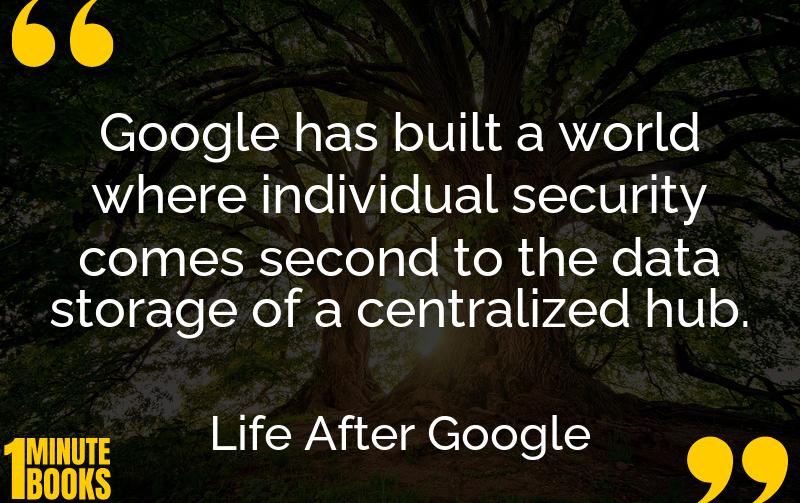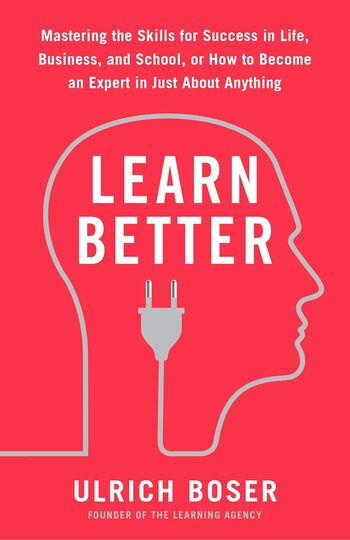
George Gilder’s ‘Life After Google’ explores the challenges facing Google’s data-driven model and predicts blockchain’s rise as a decentralized, secure alternative.
Main Lessons
- Google’s model prioritizes data accumulation over privacy, resulting in centralized control.
- The massive reliance on advertising shapes Google’s revenue stream and user engagement strategies.
- There’s an inevitable shift toward AI, with its potential risks debated by industry leaders.
- Decentralizing data through blockchain could empower personal security and control.
- Cryptocurrencies like Bitcoin introduce a new era of digital transactions away from centralized models.
- Ethereum expands blockchain usage beyond currencies, enabling smart contracts.
- Hardware innovations favor energy-efficient processors crucial for emerging tech demands.
- The unpredictable value of Bitcoin questions its viability as a stable world currency standard.
- Traditional education models may stifle innovation, as seen in forward-thinking initiatives like the Thiel Fellowship.
- The cryptocosm challenges established technological ecosystems promoting continuous innovation.
- Bitcoin and blockchain technology are infiltrating different sectors, indicating a paradigm shift.
- Rising concerns about AI require transparency and informed development to mitigate potential threats.
- Blockchain allows secure validation of identity without personal information compromise.
- Mining for Bitcoin mimics the gold standard model, regulating supply predictably.
- Future technology endeavors should learn from past achievements while focusing on innovation.








